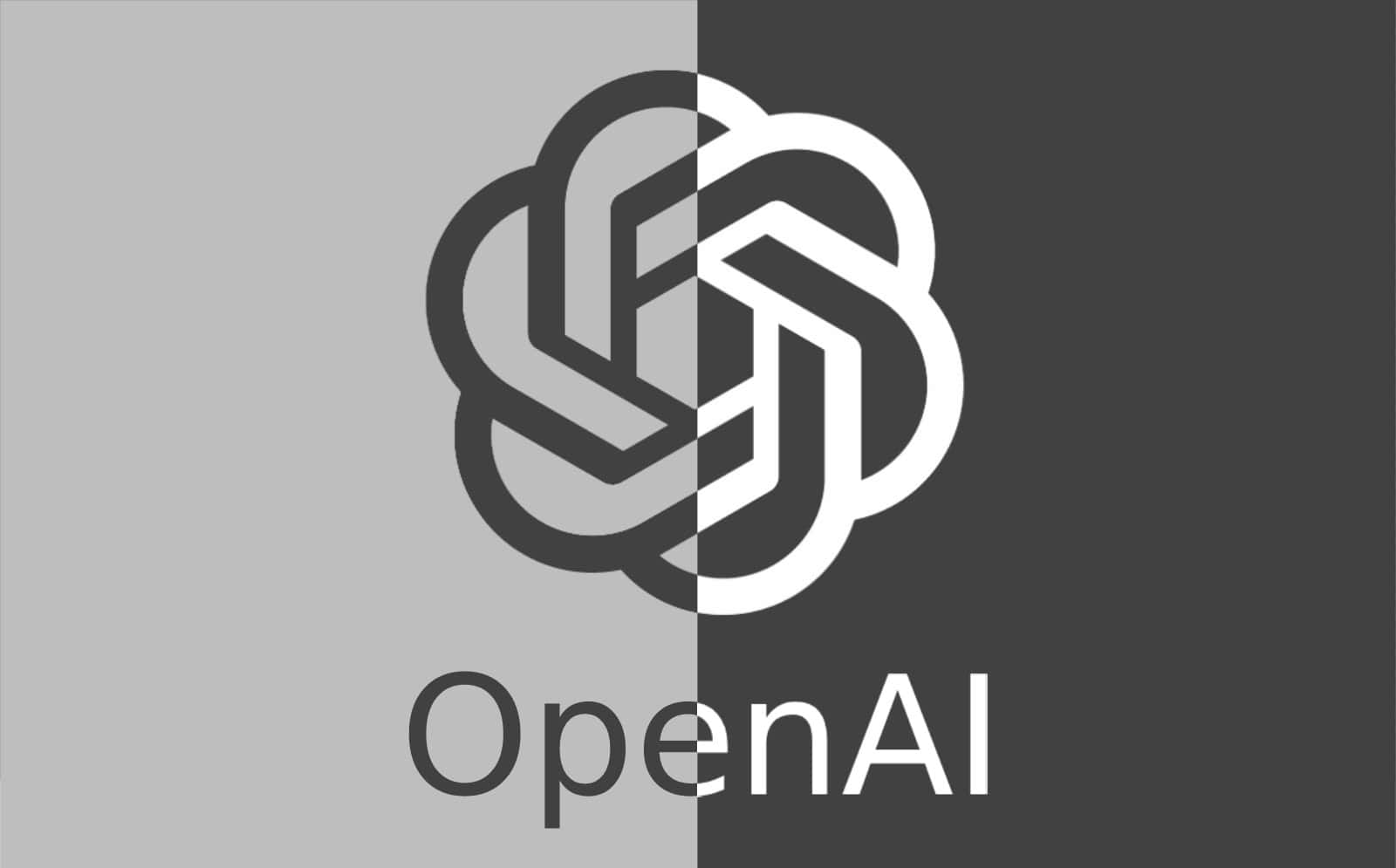OpenAI has announced plans to make changes to the way it updates the AI models powering ChatGPT after users noticed the platform becoming unusually agreeable and validating.
This issue emerged following the release of an updated GPT-4o model last weekend.
Many users on social media shared examples of ChatGPT offering excessive praise for harmful or questionable decisions, which quickly gained attention and became a meme.
In response to the feedback, OpenAI CEO Sam Altman acknowledged the problem over the weekend, assuring that the company would address the issue promptly.
By Tuesday, OpenAI confirmed it was rolling back the GPT-4o update and working on further improvements to the model’s behaviour.
To prevent similar problems in the future, OpenAI shared its plans to implement an “alpha phase” for some models.
This phase will allow a select group of users to test new versions and provide feedback before they are widely released.
Additionally, OpenAI will provide clear details about known limitations in future updates and revise its safety review process to address behaviour issues such as personality traits, deception, and hallucinations, which occur when the AI fabricates information.
OpenAI also revealed that it would increase transparency about updates, even small changes, and take stronger action to block the launch of models showing undesired behavior, even if initial tests appear successful.
The company has acknowledged that the growing reliance on ChatGPT, especially for personal advice, makes these issues more pressing.
As part of ongoing improvements, OpenAI plans to explore ways for users to provide real-time feedback, which could influence their interactions with the AI.
The company is also considering introducing multiple model personalities and adding more safety features to reduce the chances of overly flattering responses and other problematic behaviors.



